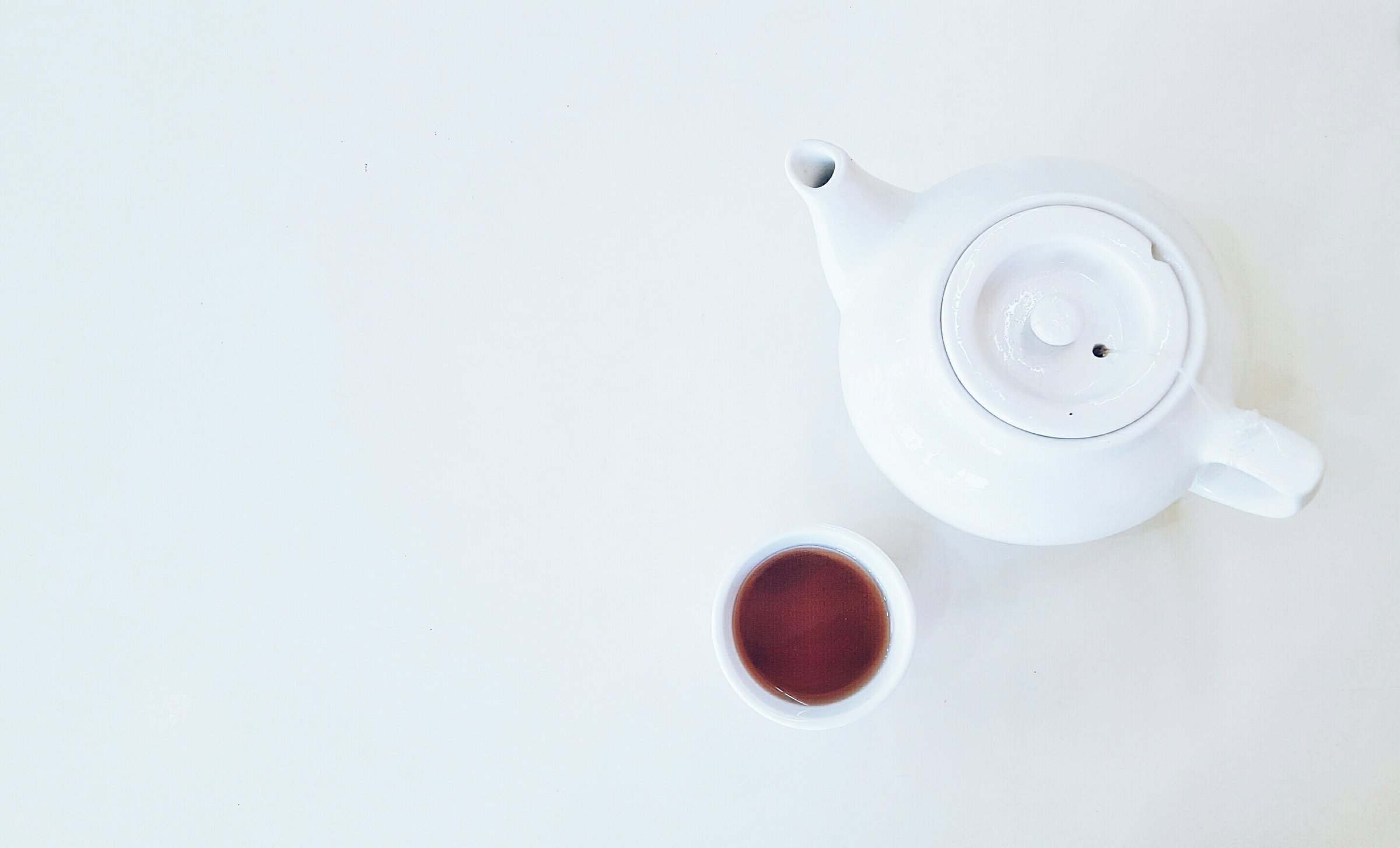
High blood pressure affects about one in three adults for all kinds of reasons, from genetics to stress. While medications can help keep it in check, there are also ways to bring it down naturally. Here are some science-backed tips to ease rising blood pressure, whatever its cause.
Exercise
Regular exercise has all kinds of amazing benefits for the body, and one of the biggest is keeping blood pressure steady. According to the Mayo Clinic, exercising around 30 minutes most days of the week has been shown to lower blood pressure by 4 to 9 millimeters of mercury (mmHg). Exercise helps strengthen the heart, which makes it easier for the vital organ to pump blood.
Breathe easy
Slowing down your breath and breathing deeply may help you relax and lower your blood pressure. Breathing exercises can improve heart rate and make arteries more flexible.
Relax
Being overly stressed doesn’t do your heart any favors. Some research even suggests that extreme bouts of anger or stress can increase a person’s risk for heart problems. The hormones released during the body’s “flight or fight” response can cause the heart to beat faster and constrict the blood vessels which can raise blood pressure, even if it’s just for the short term. If you’re feeling stressed, try some relaxation techniques like yoga or mindfulness.
Put down the coffee—and alcohol
Though some moderate alcohol is thought to provide some heart benefits, overdoing booze consumption can temporarily raise blood pressure, and cause other health problems down the line. Cutting back on caffeine may help, too. Some people are more sensitive to caffeine than others, but it has been shown to increase heart rate and blood pressure in some cases. If you’re feeling off, reconsider that second cup of coffee or soda.
Drink more tea
Sipping tea over the long term may improve your blood pressure by helping the blood vessels relax. In a 2014 study, researchers looked at 25 randomized controlled trials on the link between tea consumption and blood pressure. They concluded that after 12 weeks of drinking tea, people’s blood pressure was lower by 2.6 mmHg systolic and 2.2 mmHg diastolic. They found that green tea was the most beneficial, and black tea came in second.
Eat blueberries
A 2015 study from researchers at Florida State University found that eating one cup of blueberries a day could reduce blood pressure and stiff arteries. In the study, close to 50 women with pre-hypertension or stage 1 hypertension were randomly assigned to get 22 grams of freeze-dried blueberry powder (about equal to one cup of fresh blueberries) or a placebo powder. Those consuming the blueberry powder had an average drop of 7 mmHg in systolic blood pressure. Blueberries are high in phytonutrients, which are naturally occurring plant compounds thought to help protect against disease.
Add yogurt to your diet
Probiotics are plentiful in yogurt, and they may help keep blood pressure at healthy levels. A 2014 research review looked at nine studies on the link between probiotics and blood pressure and found a beneficial effect. Probiotics may lower blood pressure by improving cholesterol and lowering blood sugar.
More Must-Reads from TIME
- Donald Trump Is TIME's 2024 Person of the Year
- Why We Chose Trump as Person of the Year
- Is Intermittent Fasting Good or Bad for You?
- The 100 Must-Read Books of 2024
- The 20 Best Christmas TV Episodes
- Column: If Optimism Feels Ridiculous Now, Try Hope
- The Future of Climate Action Is Trade Policy
- Merle Bombardieri Is Helping People Make the Baby Decision
Contact us at letters@time.com